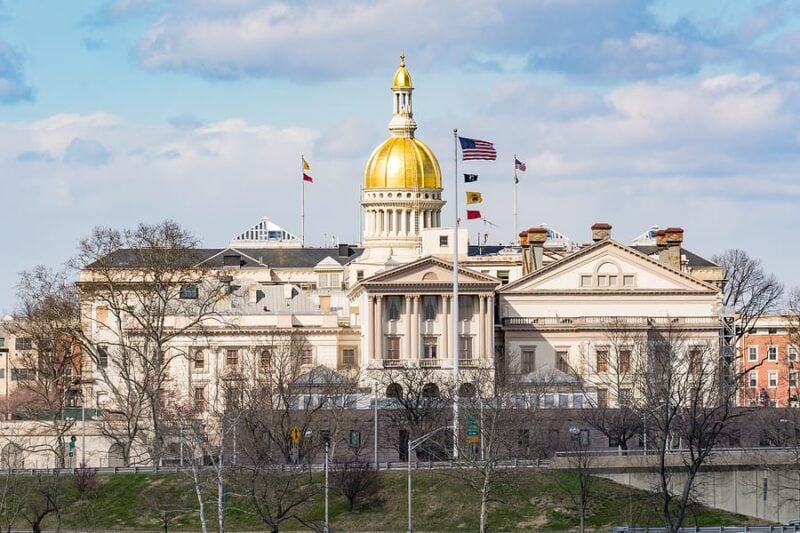Trenton, NJ – A sweeping overhaul of New Jersey’s Cultural Arts Incentives Program and Aspire Programhas been passed by Governor Phil Murphy after the Senate Budget and Appropriations Committee advanced a bill that dramatically expands access to state tax credits for museums, memorials, and healthcare redevelopment projects—while simultaneously scrapping a $1.2 billion community development program before it even launched.
Assembly Bill 5378, with a wide range of committee amendments, gives new life to New Jersey’s efforts to stimulate economic growth through cultural investment. The bill broadens the types of entities eligible for the Cultural Arts Incentives Program, allows rolling applications for credits, and retools key restrictions that previously limited participation.
One of the most significant changes allows entities with a mission or experience in cultural, artistic, or educational enrichment to qualify—rather than requiring a specific policy goal. That adjustment opens the door for more nonprofits and developers to access credits, including those operating war memorials or museums dedicated to New Jersey veterans and those partnering with the National Park Service.
The bill also redefines eligible “cultural arts institution facilities” to include national historical parks and war memorials, in addition to libraries, museums, galleries, and performing arts centers. Facilities operated by the National Park Service are now exempt from requirements to own or lease property.
The legislation removes a controversial provision allowing tax credits for operating reserves and permits pre-application construction costs—such as demolition or environmental cleanup—to count toward the required $5 million capital investment.
The bill authorizes the New Jersey Economic Development Authority to accept applications on a rolling basis unless credit demand exceeds available funds. In that case, a competitive process would be reactivated. The bill also softens rules requiring partnerships with Work First NJ community organizations, allowing institutions to qualify if they provide services to recipients during or after December 2023.
Under Aspire Program revisions, the definition of “health care or health services center” now includes facilities on land formerly owned by the federal government prior to 2006. It also reclassifies certain healthcare redevelopment projects as “special economic importance,” particularly those near academic research centers, trauma centers, and National Cancer Institute-designated cancer centers.
Unused credits from both the Aspire and Emerge programs—up to $500 million—may now be reallocated toward cultural arts projects, giving cultural developers access to previously locked funding.
The bill also gives businesses an extended window, until December 31, to suspend Grow New Jersey obligations from 2020 to 2024 without needing to cite pandemic-related hardship—removing a clause that previously tied suspensions directly to COVID-19 impacts.
Lastly, the bill repeals the New Jersey Community-Anchored Development Act entirely, eliminating a long-planned $1.2 billion initiative that was scheduled to launch in 2026, thereby freeing up credits for other uses.
Fiscal projections for the bill’s impact are currently unavailable.
